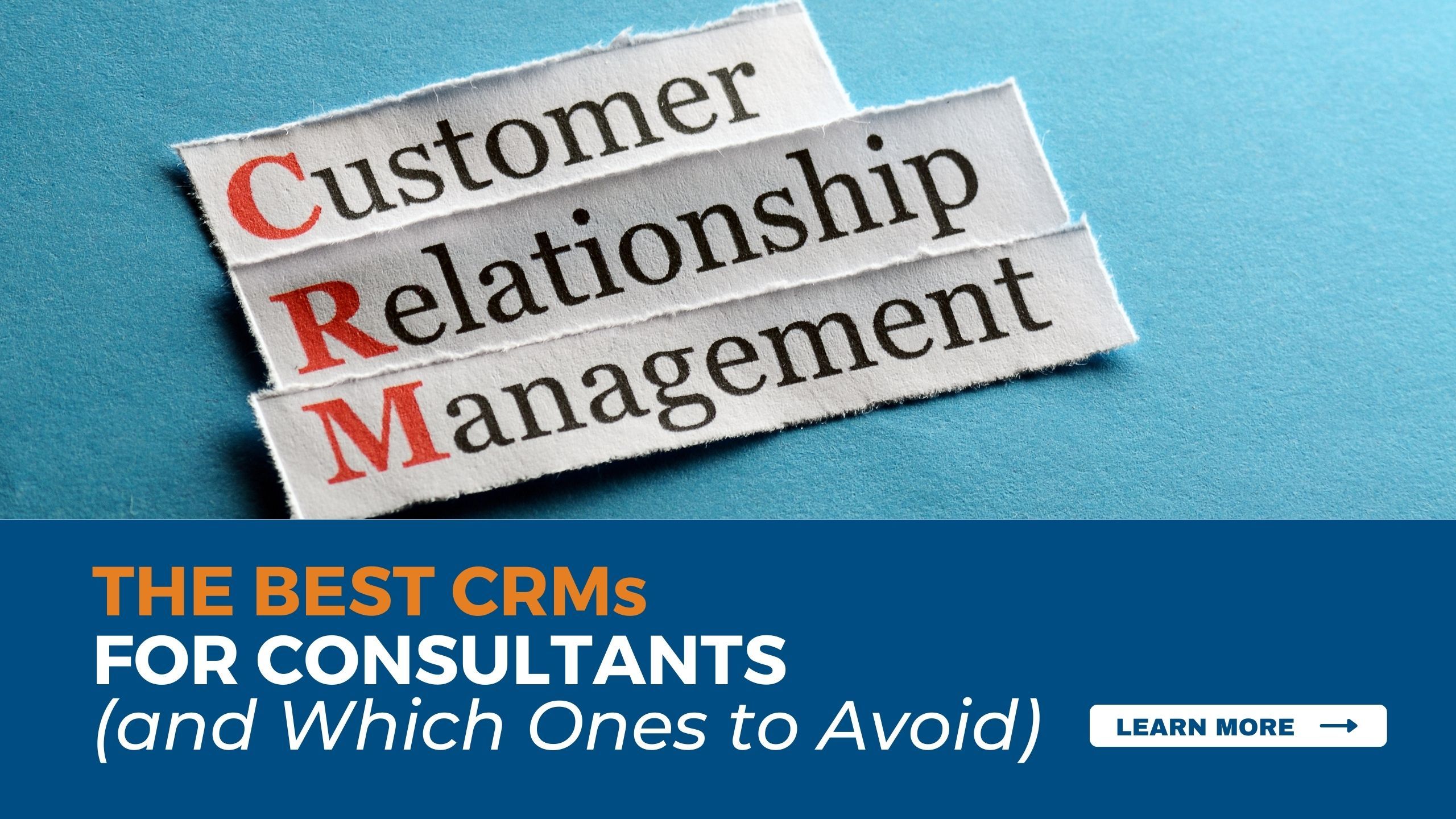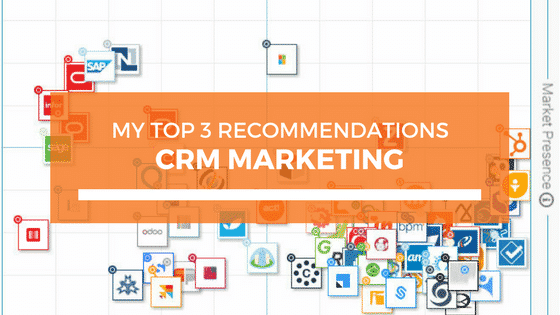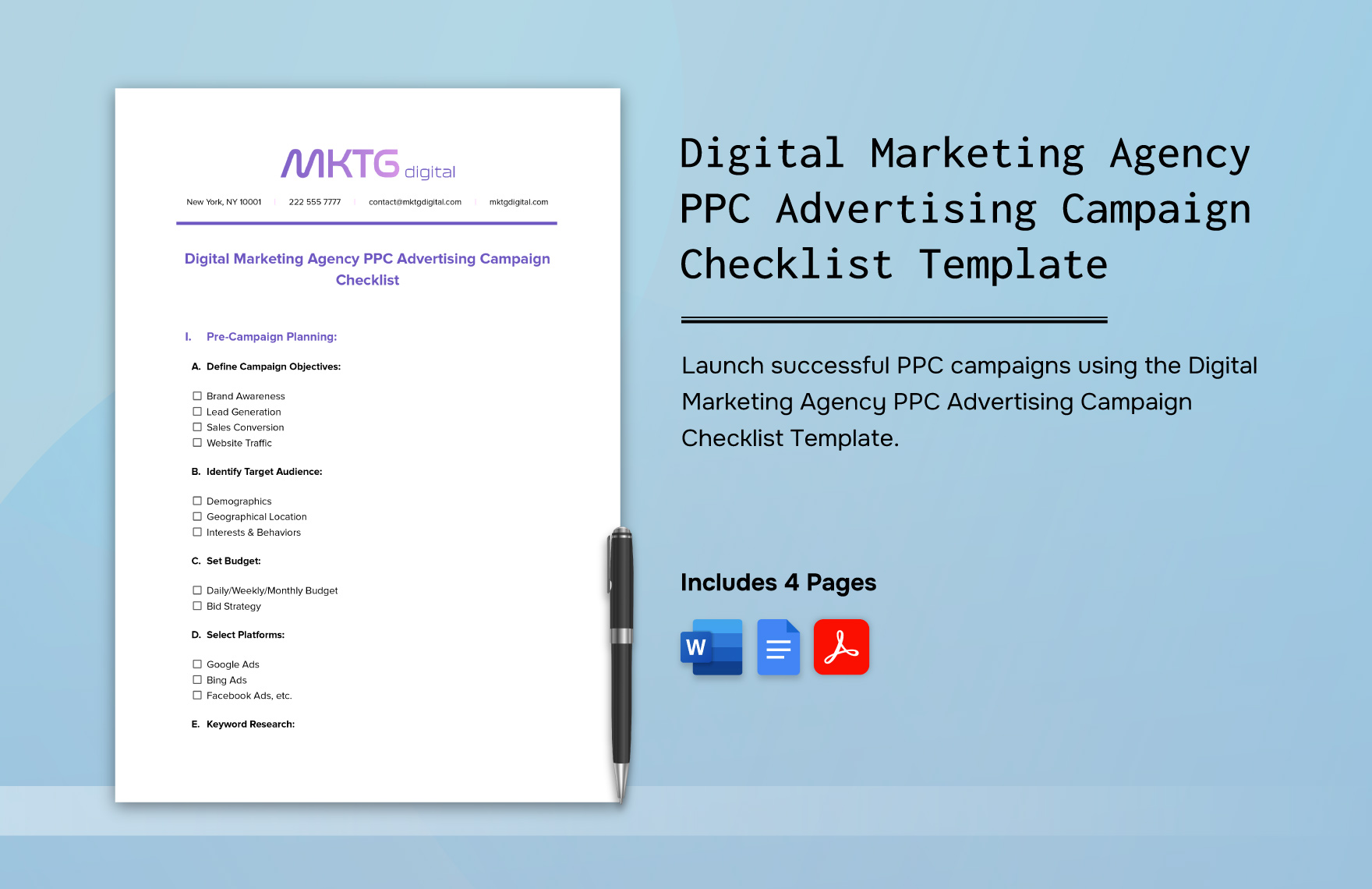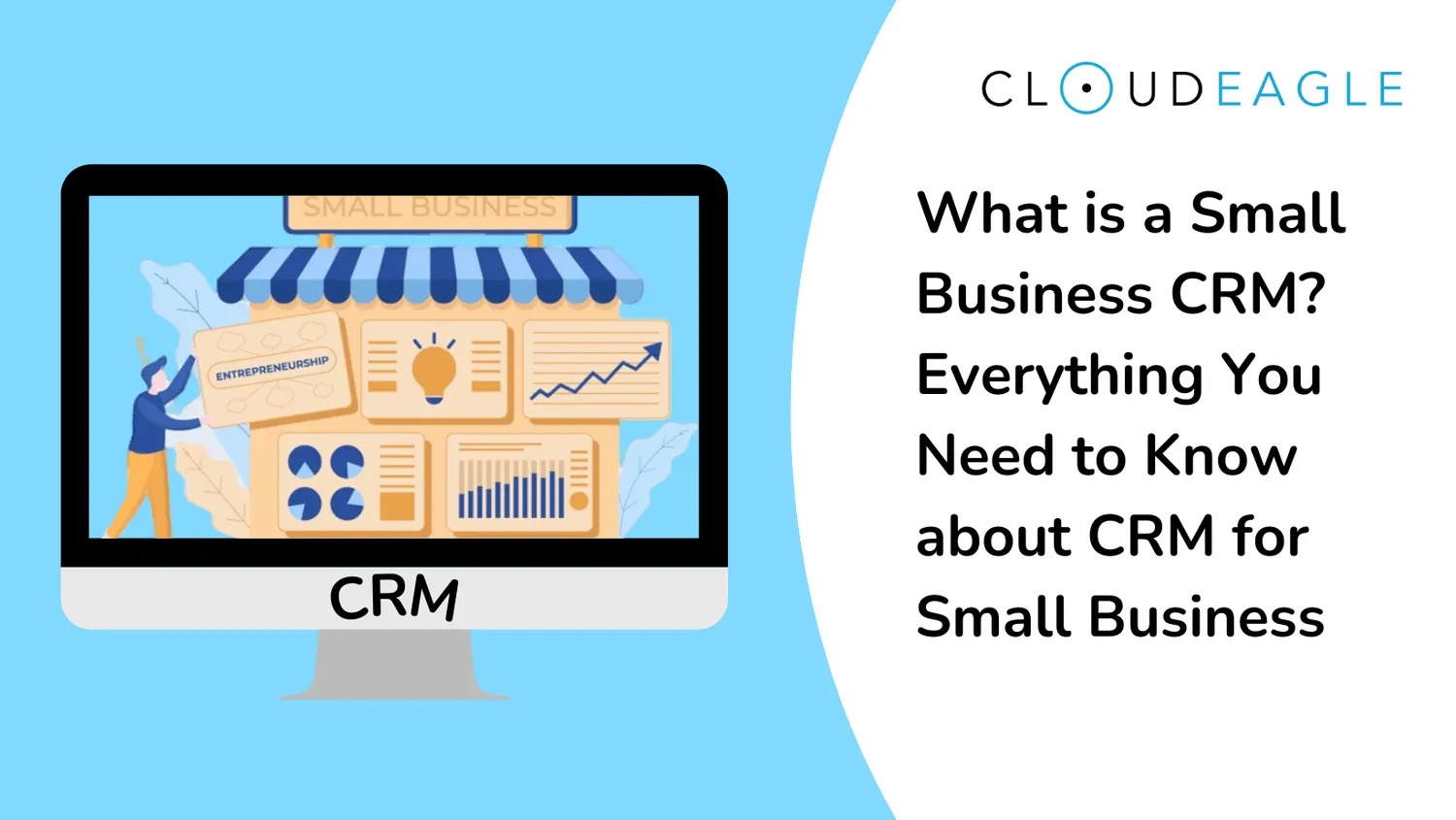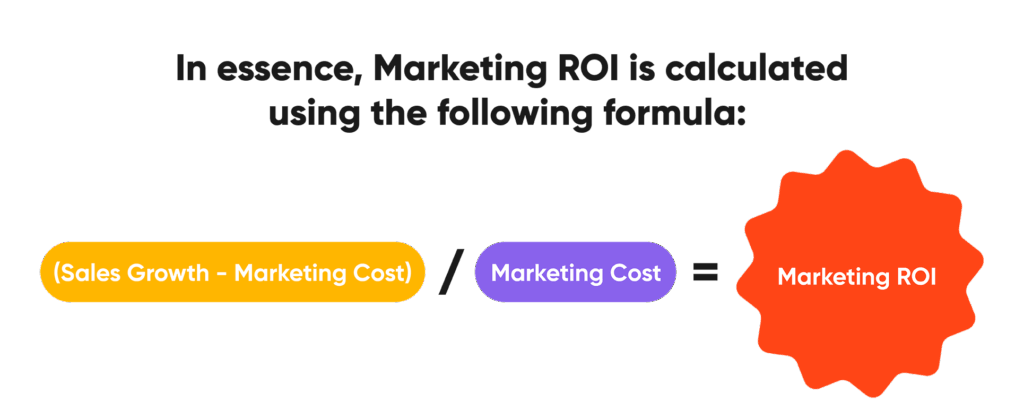
In today’s hyper-competitive business landscape, simply having a great product or service isn’t enough. You need to connect with your audience, understand their needs, and build lasting relationships. This is where Customer Relationship Management (CRM) marketing comes into play, offering a powerful strategy to boost your return on investment (ROI) and drive sustainable growth. This article will delve deep into the world of CRM marketing ROI, providing you with the knowledge and tools to transform your marketing efforts and achieve remarkable results.
What is CRM Marketing? A Foundation for Success
Before we jump into the specifics of ROI, let’s establish a solid understanding of CRM marketing. At its core, CRM marketing is a strategic approach that leverages CRM software and data to manage and analyze customer interactions throughout the customer lifecycle. It’s about more than just tracking leads; it’s about building meaningful relationships with your customers, understanding their behaviors, and tailoring your marketing efforts to meet their specific needs.
Think of it as a central hub where all your customer data resides. This includes contact information, purchase history, communication logs, and even social media interactions. By having all this information in one place, you can gain a 360-degree view of each customer, allowing you to personalize your marketing messages and deliver relevant offers.
Here are some key components of CRM marketing:
- Customer Segmentation: Dividing your customer base into groups based on shared characteristics, such as demographics, purchase history, or behavior.
- Targeted Marketing Campaigns: Creating and delivering marketing messages that are tailored to specific customer segments.
- Personalized Communication: Using customer data to personalize emails, website content, and other communications.
- Lead Management: Tracking and nurturing leads through the sales funnel.
- Sales Automation: Automating repetitive sales tasks, such as follow-up emails and appointment scheduling.
- Customer Service and Support: Providing excellent customer service and support to build loyalty and encourage repeat business.
- Data Analysis and Reporting: Tracking key metrics, such as customer acquisition cost, customer lifetime value, and conversion rates, to measure the effectiveness of your CRM marketing efforts.
By implementing these components, you can create a more customer-centric marketing strategy that drives engagement, increases sales, and fosters long-term customer loyalty.
Why CRM Marketing ROI Matters: The Financial Imperative
In the business world, every decision is ultimately measured by its financial impact. This is where CRM marketing ROI comes into play. It’s the metric that quantifies the return you receive on your investment in CRM software, marketing campaigns, and related activities. Understanding and optimizing your CRM marketing ROI is crucial for several reasons:
- Justifying Investment: Demonstrating a positive ROI validates your investment in CRM and marketing initiatives, ensuring that your resources are being used effectively.
- Optimizing Strategies: By tracking and analyzing your ROI, you can identify which marketing campaigns and strategies are most effective and make data-driven decisions to improve your results.
- Improving Profitability: A higher CRM marketing ROI translates directly to increased profitability. By attracting and retaining more customers, you can boost revenue and bottom-line results.
- Securing Future Funding: A strong ROI can help you secure future funding for marketing and sales initiatives, demonstrating your ability to generate a positive return on investment.
- Competitive Advantage: Companies that effectively leverage CRM marketing and maximize their ROI often gain a significant competitive advantage. They can better understand their customers, personalize their marketing efforts, and deliver superior customer experiences.
In essence, CRM marketing ROI isn’t just a number; it’s a measure of your marketing effectiveness and overall business performance. It provides a clear picture of how well you’re connecting with your customers, driving sales, and building a sustainable business.
Calculating CRM Marketing ROI: The Numbers Game
Calculating CRM marketing ROI involves a few key steps and requires you to track specific metrics. Here’s a breakdown of the process:
- Define Your Goals: Before you start calculating ROI, you need to define your objectives. What are you hoping to achieve with your CRM marketing efforts? Are you trying to increase sales, improve customer retention, or reduce customer acquisition cost? Having clear goals will help you identify the specific metrics to track.
- Track Your Costs: Determine all the costs associated with your CRM marketing activities. This includes the cost of CRM software, marketing campaign expenses (e.g., advertising, email marketing tools), salaries of marketing and sales staff, and any other related expenses.
- Measure Your Revenue: Calculate the revenue generated as a direct result of your CRM marketing efforts. This can be determined by tracking sales from leads generated through your CRM system, sales from targeted marketing campaigns, and increased sales from existing customers.
- Calculate the ROI: Once you have the costs and revenue data, you can calculate the ROI using the following formula:
ROI = [(Revenue - Cost) / Cost] * 100For example, if your CRM marketing efforts generated $100,000 in revenue and cost $20,000, the ROI would be:
ROI = [($100,000 - $20,000) / $20,000] * 100 = 400% - Analyze and Optimize: After calculating your ROI, analyze the results to identify areas for improvement. Which marketing campaigns were most effective? Which were less successful? Use this information to optimize your strategies and improve your ROI over time.
It’s important to remember that the specific metrics you track and the methods you use to calculate ROI may vary depending on your business and your CRM marketing goals. However, the basic principles remain the same: track your costs, measure your revenue, and calculate the return on your investment.
Key Metrics to Track for CRM Marketing ROI
While the ROI formula provides a general overview, there are several key metrics that you should track to gain a deeper understanding of your CRM marketing performance. These metrics provide valuable insights into different aspects of your marketing efforts and help you identify areas for improvement. Here are some of the most important metrics to monitor:
- Customer Acquisition Cost (CAC): The cost of acquiring a new customer. This includes all marketing and sales expenses divided by the number of new customers acquired. A lower CAC indicates a more efficient marketing strategy.
- Customer Lifetime Value (CLTV): The predicted revenue a customer will generate throughout their relationship with your business. CLTV helps you understand the long-term value of your customers and make informed decisions about customer retention strategies.
- Conversion Rates: The percentage of leads that convert into customers. Track conversion rates at each stage of the sales funnel to identify bottlenecks and optimize your sales process.
- Customer Retention Rate: The percentage of customers who remain customers over a specific period. High retention rates indicate customer satisfaction and loyalty.
- Churn Rate: The percentage of customers who stop doing business with you over a specific period. A high churn rate can negatively impact your ROI.
- Return on Ad Spend (ROAS): The revenue generated for every dollar spent on advertising. ROAS helps you evaluate the effectiveness of your advertising campaigns.
- Email Marketing Metrics: Track open rates, click-through rates, and conversion rates for your email marketing campaigns. These metrics provide insights into the effectiveness of your email content and targeting.
- Website Traffic and Engagement: Monitor website traffic, bounce rates, and time spent on site to understand how your website is performing and identify areas for improvement.
- Lead Generation Metrics: Track the number of leads generated, the cost per lead, and the conversion rate of leads into qualified prospects.
By carefully monitoring these metrics, you can gain a comprehensive understanding of your CRM marketing performance and make data-driven decisions to improve your ROI.
Strategies to Boost Your CRM Marketing ROI
Calculating your CRM marketing ROI is just the first step. The real value comes from using the insights gained to optimize your strategies and improve your results. Here are some proven strategies to boost your CRM marketing ROI:
- Implement Effective Customer Segmentation: Segment your customer base into meaningful groups based on shared characteristics. This allows you to tailor your marketing messages and offers to specific customer needs and preferences, increasing the likelihood of engagement and conversion.
- Personalize Your Communications: Use customer data to personalize your emails, website content, and other communications. Personalization makes your marketing messages more relevant and engaging, leading to higher click-through rates and conversions.
- Automate Marketing Tasks: Automate repetitive marketing tasks, such as email follow-ups, lead nurturing, and social media posting. Automation frees up your marketing team to focus on more strategic initiatives and improves efficiency.
- Optimize Your Sales Funnel: Analyze your sales funnel to identify any bottlenecks or areas where leads are dropping off. Optimize your sales process to improve conversion rates and move leads through the funnel more efficiently.
- Nurture Leads with Targeted Content: Develop a lead nurturing program that provides leads with valuable content at each stage of the sales funnel. This helps build trust and credibility, moving leads closer to a purchase decision.
- Provide Excellent Customer Service: Excellent customer service is crucial for building customer loyalty and encouraging repeat business. Respond to customer inquiries promptly and resolve any issues efficiently.
- Use Data to Drive Decisions: Regularly analyze your CRM marketing data to identify what’s working and what’s not. Use these insights to make data-driven decisions about your marketing strategies and tactics.
- Integrate Your CRM with Other Tools: Integrate your CRM with other marketing tools, such as email marketing platforms, social media management tools, and website analytics platforms. This allows you to centralize your data and gain a more comprehensive view of your marketing performance.
- A/B Test Your Campaigns: Conduct A/B tests to experiment with different marketing messages, offers, and calls to action. This helps you identify what resonates most with your audience and optimize your campaigns for maximum impact.
- Invest in Training: Ensure that your marketing and sales teams are adequately trained on how to use your CRM system and implement effective CRM marketing strategies.
By implementing these strategies, you can significantly improve your CRM marketing ROI and achieve sustainable business growth.
Choosing the Right CRM Software: A Critical Decision
The success of your CRM marketing efforts heavily relies on the CRM software you choose. Selecting the right CRM system is a critical decision that can significantly impact your ROI. Here are some factors to consider when choosing a CRM software:
- Features and Functionality: Make sure the CRM software offers the features and functionality you need to support your marketing and sales processes. This includes lead management, contact management, email marketing integration, sales automation, and reporting capabilities.
- Scalability: Choose a CRM system that can scale with your business as it grows. Consider whether the system can handle an increasing number of users, contacts, and data.
- Integration: Ensure that the CRM software integrates with other tools you use, such as email marketing platforms, social media management tools, and accounting software.
- Ease of Use: Select a CRM system that is user-friendly and easy for your team to learn and use. A complex or difficult-to-use system can hinder adoption and reduce your ROI.
- Pricing: Consider the pricing structure of the CRM software, including subscription fees, implementation costs, and any ongoing maintenance fees.
- Customer Support: Choose a CRM provider that offers excellent customer support and training resources.
- Security: Make sure the CRM software has robust security features to protect your customer data.
- Mobile Accessibility: Consider whether the CRM software offers mobile access, allowing your team to access customer data and manage their activities on the go.
Some popular CRM software options include:
- Salesforce
- HubSpot CRM
- Zoho CRM
- Microsoft Dynamics 365
- Pipedrive
Researching and comparing different CRM systems is essential to find the one that best fits your business needs and budget. Consider your specific requirements, evaluate the features of each system, and read reviews from other users before making a decision.
Overcoming Common CRM Marketing Challenges
While CRM marketing offers significant benefits, businesses often face challenges when implementing and optimizing their strategies. Here are some common challenges and how to overcome them:
- Data Quality: Inaccurate or incomplete customer data can undermine your marketing efforts. Implement data cleansing procedures to ensure your data is accurate and up-to-date.
- User Adoption: If your team doesn’t fully adopt your CRM system, you won’t be able to realize its full potential. Provide adequate training, encourage user engagement, and demonstrate the benefits of using the system.
- Integration Issues: Integrating your CRM with other systems can be complex. Work with a qualified IT professional or CRM consultant to ensure seamless integration.
- Lack of Strategy: Without a clear CRM marketing strategy, your efforts may be unfocused and ineffective. Develop a well-defined strategy that aligns with your business goals and outlines your marketing tactics.
- Measuring ROI: Accurately measuring your CRM marketing ROI can be challenging. Implement robust tracking and reporting mechanisms to monitor your key metrics.
- Lack of Personalization: Failing to personalize your marketing messages can lead to lower engagement and conversion rates. Leverage customer data to personalize your communications and deliver relevant offers.
- Limited Budget: CRM marketing can require a significant investment. Develop a budget that aligns with your business goals and prioritize your marketing activities.
By being aware of these challenges and proactively addressing them, you can increase your chances of success with your CRM marketing initiatives.
The Future of CRM Marketing ROI: Trends to Watch
The field of CRM marketing is constantly evolving, and staying ahead of the latest trends is crucial for maximizing your ROI. Here are some trends to watch:
- Artificial Intelligence (AI) and Machine Learning: AI and machine learning are transforming CRM marketing by automating tasks, personalizing customer experiences, and providing deeper insights into customer behavior.
- Hyper-Personalization: Customers expect highly personalized experiences. CRM marketing is moving towards hyper-personalization, using data to tailor marketing messages to individual customer needs and preferences.
- Omnichannel Marketing: Customers interact with businesses across multiple channels, including email, social media, website, and mobile apps. Omnichannel marketing integrates these channels to provide a seamless customer experience.
- Data Privacy and Security: With increasing concerns about data privacy, businesses must prioritize data security and comply with regulations such as GDPR and CCPA.
- Customer Journey Mapping: Customer journey mapping helps businesses understand the customer experience and identify opportunities to improve their marketing efforts.
- Voice Search Optimization: Voice search is becoming increasingly popular. Businesses need to optimize their content for voice search to reach customers who use voice assistants.
- Video Marketing: Video marketing is a powerful tool for engaging customers and driving conversions. Businesses should incorporate video into their CRM marketing strategies.
By staying informed about these trends, you can adapt your CRM marketing strategies to meet the changing needs of your customers and maximize your ROI.
Conclusion: Embracing the Power of CRM Marketing ROI
CRM marketing ROI is more than just a metric; it’s a philosophy that guides your marketing efforts and drives business success. By understanding the principles of CRM marketing, calculating your ROI, optimizing your strategies, and embracing the latest trends, you can build stronger customer relationships, increase sales, and achieve sustainable growth.
Remember, the key to maximizing your CRM marketing ROI is to focus on your customers, understand their needs, and deliver personalized experiences that resonate with them. By investing in the right CRM software, implementing effective marketing strategies, and continuously analyzing your results, you can unlock the full potential of CRM marketing and achieve remarkable results.
Don’t just track your ROI; use it as a compass to guide your marketing decisions and steer your business toward a brighter future. The journey to maximizing CRM marketing ROI is an ongoing process, but the rewards – increased customer loyalty, higher sales, and sustainable growth – are well worth the effort. Embrace the power of CRM marketing and watch your business thrive!

